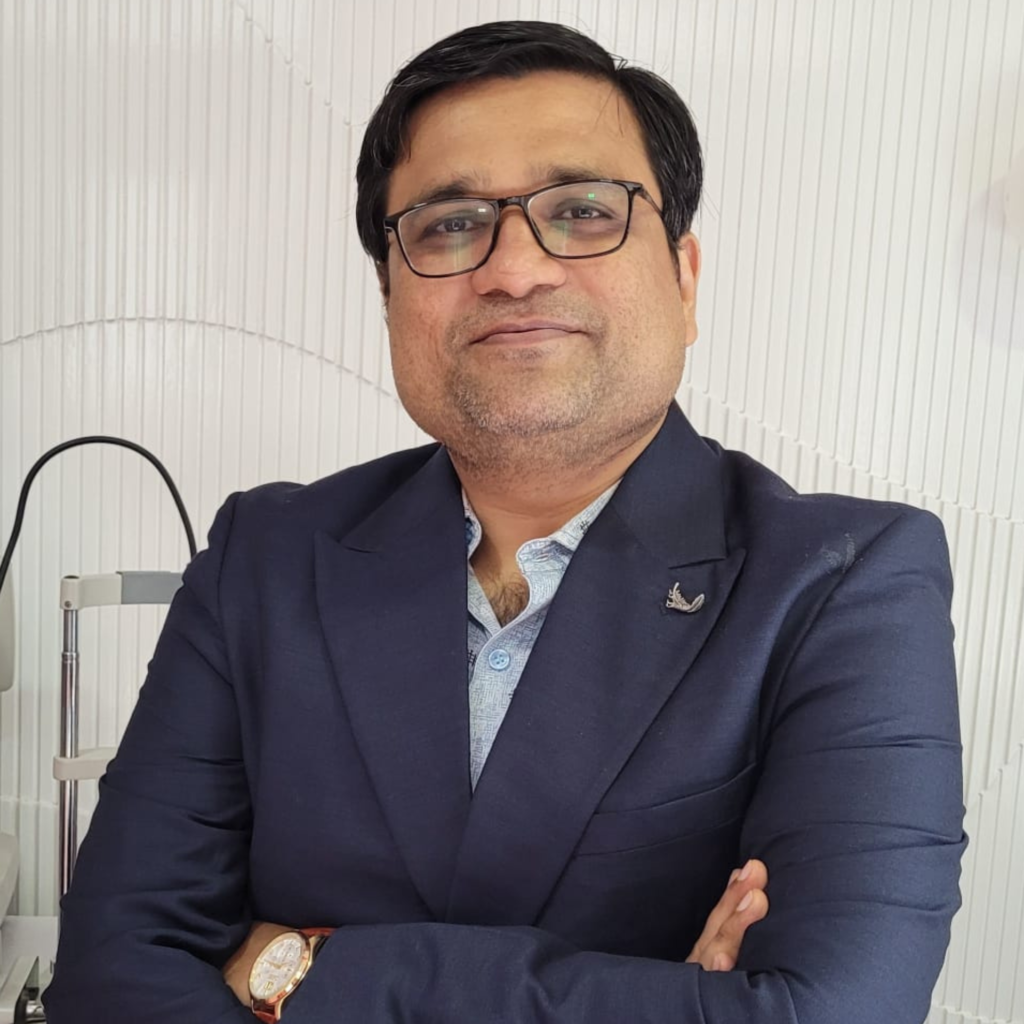- Home
- About Us
- Doctors
- Specialties
- Bariatric Surgery
- Bone Marrow Transplant
- Cancer
- Cardiology
- Cardiovascular And Thoracic Surgery
- Critical Care Medicine
- Dental Surgery
- Dermatology & Cosmetology
- Diabetic Foot Care
- Ear, Nose & Throat
- Endocrinology
- Fetal Medicines
- Gastroenterology
- General Medicine
- General Surgery
- HPB & Gastrointestinal Surgery
- Interventional Radiology
- IVF
- Kidney Transplant
- Laparoscopic Surgery
- Liver Transplant
- Medical And Hemato Oncology
- Neurology
- Neuro & Spine Surgery
- Nephrology And Dialysis
- Nuclear Medicine
- Orthopedic
- Ophthalmology
- Obstetrics And Gynecology
- Pathology Laboratory
- Pediatric
- Peripheral Vascular And Endovascular Surgery
- Physiotherapy and Rehabilitation
- Plastic Reconstruction
- Plastic & Cosmetic Surgery
- Pulmonary Medicine
- Radiation Oncology
- Radiology
- Robotic Surgery
- Surgical Oncology
- Urology
- Facilities
- Patient Area
- Testimonials
- Media
- Contact Us
Hematopoietic Stem Cell Transplantation
Hematopoietic Stem Cell Transplantation, Your New Beginning
At Universal Hospital, We specialize in cutting-edge treatments that harness the power of stem cells to combat various blood disorders, cancers, and immune system disorders. Our dedicated team of hematologists, oncologists, and transplant specialists is committed to providing personalized and comprehensive care to patients in need of hematopoietic stem cell transplantation.
What is Hematopoietic Stem Cell Transplantation?
Hematopoietic stem cell transplantation (HSCT), also known as bone marrow transplantation, is a medical procedure that involves the infusion of healthy stem cells into a patient’s body to replace or repair damaged or diseased bone marrow. This procedure is commonly used to treat certain cancers, blood disorders, and immune system disorders.
How Hematopoietic Stem Cell Transplantation Works
- Collection of Stem Cells:
Stem cells can be obtained from the bone marrow, peripheral blood, or umbilical cord blood. The choice of source depends on the specific condition being treated.
- Conditioning or Preparative Regimen:
Before transplantation, patients often undergo a conditioning regimen, which may involve chemotherapy and/or radiation. This helps to eliminate existing diseased cells and create space for the new stem cells.
- Transplantation:
The collected stem cells are infused into the patient’s bloodstream. Once in the body, these cells migrate to the bone marrow and begin to produce healthy blood cells.
- Engraftment:
The process by which transplanted stem cells establish themselves in the bone marrow and start producing blood cells.

Types of Hematopoietic Stem Cell Transplantation
- Autologous Transplantation:
In this type, a patient’s stem cells are collected and then transplanted back after conditioning. It is commonly used in the treatment of certain cancers, such as lymphomas and multiple myeloma.
- Allogeneic Transplantation:
Stem cells are obtained from a donor, who is usually a close genetic match (such as a sibling). Allogeneic transplantation is used for conditions like leukemia, severe aplastic anemia, and certain genetic disorders.
- Syngeneic Transplantation:
This rare type involves using stem cells from an identical twin. Because the twins share the same genetic makeup, there is no risk of graft-versus-host disease (GVHD), a potential complication of allogeneic transplantation.
Indications for Hematopoietic Stem Cell Transplantation
Hematopoietic stem cell transplantation is employed in various medical conditions, including:
- Leukemias and Lymphomas: Particularly when conventional treatments have not been successful.
- Aplastic Anemia: For patients with bone marrow failure.
- Inherited Disorders: Such as sickle cell anemia, thalassemia, and certain immune deficiencies.
Considerations and Potential Complications
While HSCT can be a life-saving procedure, it comes with potential risks and complications, including:
- Graft-versus-host disease (GVHD): A condition where the donor’s immune cells attack the recipient’s tissues.
- Infections: The patient is at an increased risk of infections due to a weakened immune system.
- Organ Damage: The conditioning regimen and other factors can affect various organs, leading to complications.
HSCT at Universal Hospital:
- Expert Transplantation Team:
Universal Hospital is proud to have a team of highly skilled hematologists, oncologists, and transplant specialists dedicated to providing exceptional care throughout the HSCT process.
- Cutting-Edge Transplantation Facilities:
Our hospital is equipped with state-of-the-art facilities, including specialized transplantation units and advanced technology, ensuring the highest standards of safety and effectiveness during the HSCT procedure.
- Comprehensive Pretransplant Assessment:
Before transplantation, a thorough assessment is conducted to evaluate the patient’s overall health, disease status, and compatibility with HSCT. This assessment helps tailor the transplant plan to the individual’s specific needs.





